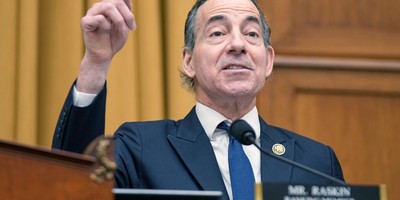In today’s Wall Street Journal, Sen. Jim DeMint (R-SC) and Rep. Kevin Brady (R-TX) advise the states to get their fiscal houses in order instead of holding out hope for a bailout from federal taxpayers. That’s sound advice. However, the states already effectively get bailed out by federal taxpayers each and every year.
The first chart shows that the federal government has accounted for over a third of total state spending in recent years. The increase can be attributed to federal “stimulus” spending. The federal government’s share will retreat as the economy (hopefully) continues to strengthen and federal policymakers limit spending increases in the face of mounting debt. However, getting the federal government’s share of total state spending back to, say, 30 percent, would be nothing to celebrate.

The post-stimulus decrease in Washington’s generosity to the states has state and local officials – and the special interests that ultimately benefit from the Beltway-to-State money laundering operation – concerned. Reporters typically relay these concerns to the public without adding any historical context. The following chart provides that context, and it indicates that the concern shouldn’t be that the states won’t be getting as much money; rather, the concern should be that the states have become dangerously reliant on federal money.
Recommended

So here’s another suggestion for state and local officials. If you want to spend more money than Washington will give you, go out and tell your taxpayers that you want to increase their taxes to pay for it.
[See this Cato essay for more on why the federal government should cut aid to the states.]

























Join the conversation as a VIP Member